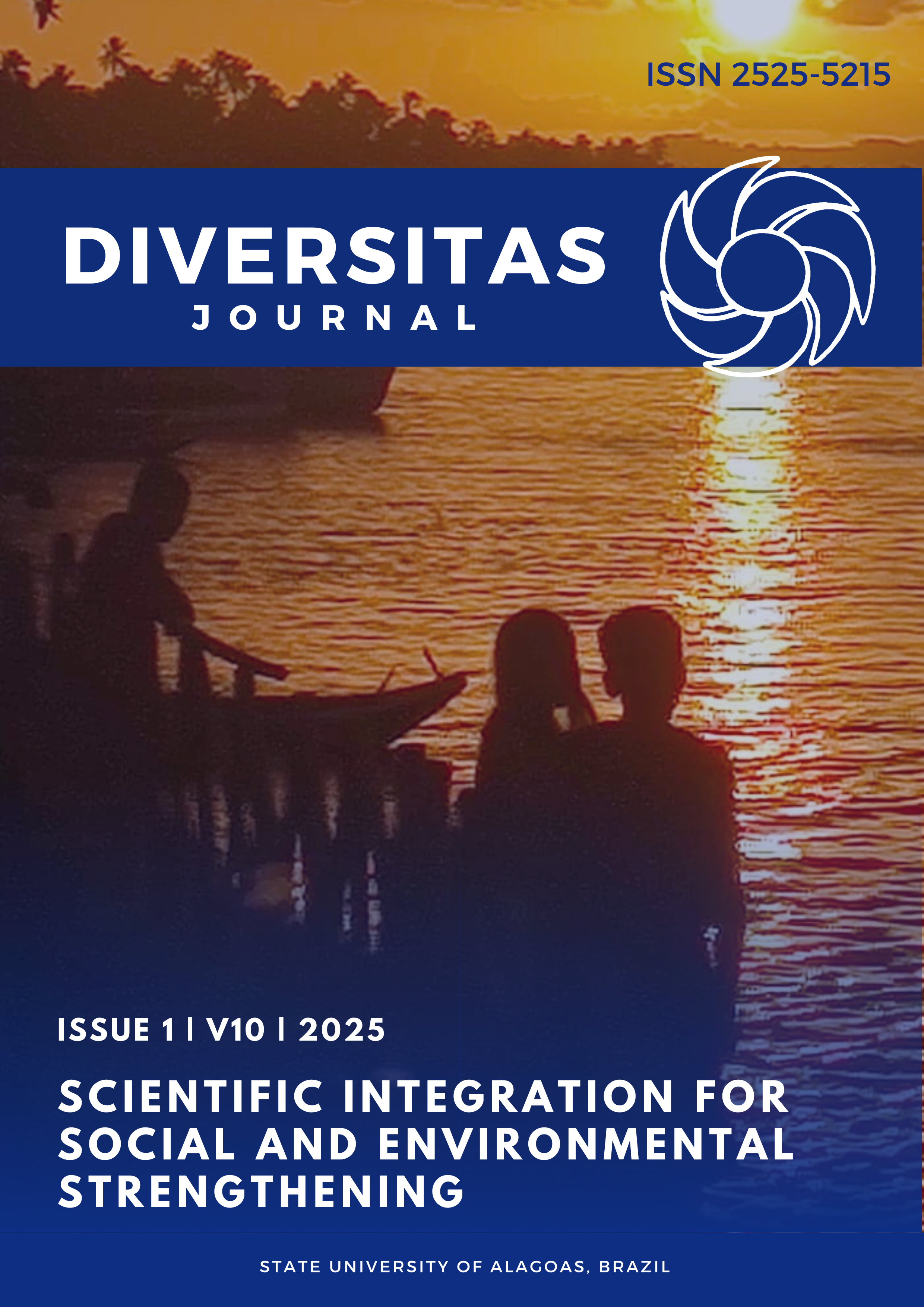A Marxist Analysis of the Movie Third World Romance
DOI:
https://doi.org/10.48017/dj.v10i1.3157Keywords:
Marxist Analysis, Class struggle, Exploitation, Asynchronous Classes, Capitalists, Social conditionsAbstract
This study provides a Marxist analysis of Dwein Ruedas Baltazar's film Third World Romance. It aims to uncover the deeper meanings within the film’s dialogues and scenes, particularly focusing on the struggles of Filipino individuals from marginalized communities as they search for stable employment to achieve financial security and meet their daily needs. The analysis highlights the class struggle and the exploitation of the working class by capitalists, especially in their pursuit of fair wages and equitable labor practices. Additionally, the study critiques how resilience is often romanticized as a coping mechanism in the face of personal challenges, masking the underlying social issues. Through the characters of Alvin and Britney, the film offers a realistic portrayal of the socio-economic conditions still affecting many Filipinos today. This Marxist critique serves as a lens through which recurring societal problems such as inequality, exploitation, and economic hardship are examined.
Metrics
References
Abrams, M. H. (1999). Marxist criticism. A glossary of literary terms. Harcourt Brace Publishers.
Beck, U. (2008). World at risk: The new task of critical theory. Development and Society, 37(1), 1-21. http://www.jstor.org/stable/deveandsoci.37.1.1
Beck, U. (2009). Critical theory of world risk society: A cosmopolitan vision. Constellations, 16(1), 3-22. https://doi.org/10.1111/j.1467-8675.2009.00534.x
Beck, U. (2010). Remapping social inequalities in an age of climate change: For a cosmopolitan renewal of sociology. Global Networks, 10(2), 165-181. https://doi.org/10.1111/j.1471-0374.2010.00281.x
Beck, U. (2011). Cosmopolitanism as imagined communities of global risk. American Behavioral Scientist, 55(10), 1346-1361. https://doi.org/10.1177/0002764211409739
Beck, U. (2013). Risk, class, crisis, hazards and cosmopolitan solidarity/risk community – Conceptual and methodological clarifications. Retrieved from https://halshs.archives-ouvertes.fr/halshs-00820297/document
Bustamante, P. B., & Villanueva, L. B. (2024). Intertextual Synergy: traversing the controversies of the Maria Clara at Ibarra, a film adaptation of Noli Me Tangere and El Filibusterismo. Diversitas Journal, 9(1).
Gugelberger, G. (1985). Marxism and African literature. Africa World Press.
Hands, G. (2000). Marx: A beginner’s guide. Hodder and Stoughton.
Kerrey, S. (2008). Marxism literary criticism. Retrieved from http://matigari.wordpress.com
King, B. (1960). New national and post-colonial literatures. Oxford University Press.
Marx, K. (2010). The economic and philosophic manuscripts of 1844: The communist manifesto, wage labour, capital and critique of the Gotha program. Red and Black Publishers.
Newton, K. M. (Ed.). (1997). Twentieth-century literary theory. St. Martin’s Press.
Ogude, J. (1999). Ngugi’s novel and African history: Narrating the nation. Pluto Press.
Raphael, M. (1993). Essays in Marxist aesthetics. Lawrence and Wishart Ltd.
Reiss, E. (1997). Marx: A clear guide. Pluto Press.
Schmit, R. (1997). Introduction to Marx and Engels: A critical construction. Westview Press.
Selden, R. (Ed.). (1988). The theory of criticism: From Plato to the present. A reader. Longman.
Trainer, T. (2010). Marxist theory. Retrieved from http://socialsciences.arts.unsw.edu.au/tsw/marx.html
Villanueva, L. B. (2022). Biag ni Lam-ang: An Ilokano Epic Analysis and Its Implication to Ilokano Folk Literature and Philippine Educational Development. Journal of Tianjin University Science and Technology. https://tianjindaxuexuebao. com/details. php.
Villanueva, L. B., Cristobal, J. A. A., Gamiao, B. A., Lasaten, R. C. S., Pascua, R. A., Balicao, K. Z., & Agsao, B. Y. (2023). SOCIETAL ISSUES AND CONDITIONS IN THE STORIES “THE HAPPY PRINCE” AND “THE GIVING TREE”: A SOCIOCULTURAL CRITICISM. Russian Law Journal, 11(4), 224-238.
Downloads
Published
How to Cite
Issue
Section
License
Copyright (c) 2025 Jonathan Dave P. Ayala , Louie Villanueva

This work is licensed under a Creative Commons Attribution 4.0 International License.
The Diversitas Journal expresses that the articles are the sole responsibility of the Authors, who are familiar with Brazilian and international legislation.
Articles are peer-reviewed and care should be taken to warn of the possible incidence of plagiarism. However, plagiarism is an indisputable action by the authors.
The violation of copyright is a crime, provided for in article 184 of the Brazilian Penal Code: “Art. 184 Violating copyright and related rights: Penalty - detention, from 3 (three) months to 1 (one) year, or fine. § 1 If the violation consists of total or partial reproduction, for the purpose of direct or indirect profit, by any means or process, of intellectual work, interpretation, performance or phonogram, without the express authorization of the author, the performer, the producer , as the case may be, or whoever represents them: Penalty - imprisonment, from 2 (two) to 4 (four) years, and a fine. ”


















